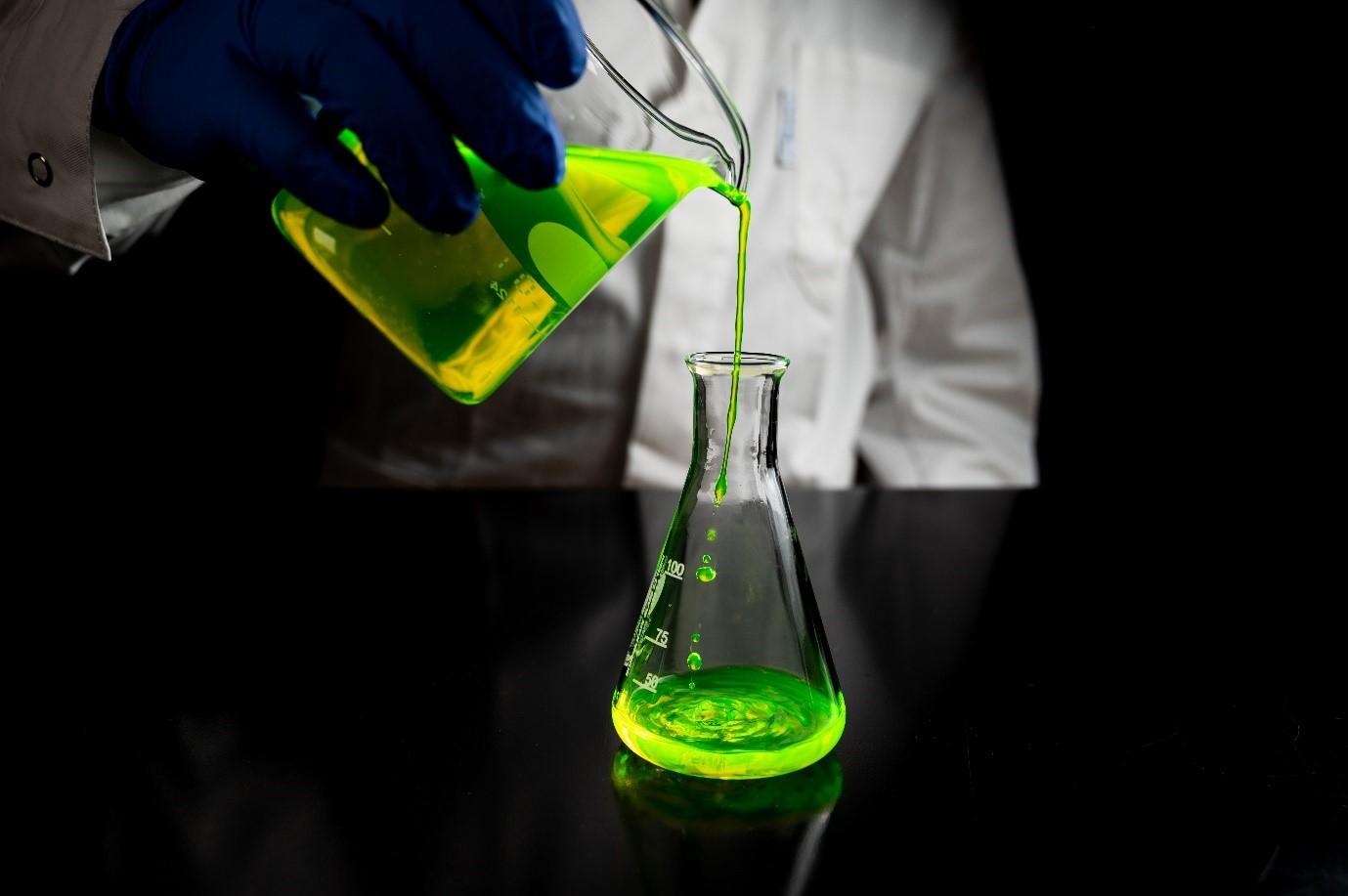Professor Martin Michaelis (School of Biosciences) has recently won award funding from the Biotechnology and Biological Sciences Research Council (BBSRC) Impact Acceleration Account (IAA)
This project continues an existing collaboration between Rothamsted Research and the University of Kent, in which we identified miyabeacin, a novel cyclodimeric phenolic glycoside, as a new compound that displays activity against a limited number of neuroblastoma, breast, oesophageal, and ovarian cancer cell lines. In this project, we are continuing this work by testing miyabeacin in a wider range of cancer cell lines.
A focus of this research lies on the investigation of the activity of miyabeacin against drug-resistant cancer cells. The formation of resistance after an initial therapy response is the main limitation of systemic anti-cancer therapies, which are essential for cancer patients who are diagnosed with advance, typically metastatic disease that cannot be successfully treated by local therapies such as surgery or radiotherapy. The tumours of many of these patients often respond initially well to the available systemic drug therapies. However, resistance typically eventually emerges resulting in patient death.
To study systematically the mechanisms underlying drug resistance in cancer and to establish pre-clinical models of acquired drug resistance, we have established the Resistant Cancer Cell Line (RCCL) collection, consisting of 2,500 cell lines from 16 different cancer types representing resistance to more than 100 anti-cancer drugs.
Miyabeacin is a novel compound that is likely to differ in its mechanism of action from the available anti-cancer drugs. Hence, there is hope that it will be effective against at least some of the cancer cells that have developed resistance to the therapeutically used anti-cancer drugs. To test this hypothesis, we are in the process of determining the activity of miyabeacin in a broader panel of drug-resistant cancer cell lines from our RCCL collection. The results will provide a much better understanding of the anti-cancer activity range against cancer. In doing this, this project will provide an essential step towards the determination of appropriate models for the elucidation of miyabeacin’s mechanism of action at a molecular level, for the determination of its biochemical target(s), and for the identification of biomarkers that can predict miyabeacin sensitivity.
Congratulations to Martin on this incredible achievement which emboldens Kent’s underlying research strength of Health, Social Care and Wellbeing. Find out more about about the BBSRC IAA and how you can apply.

